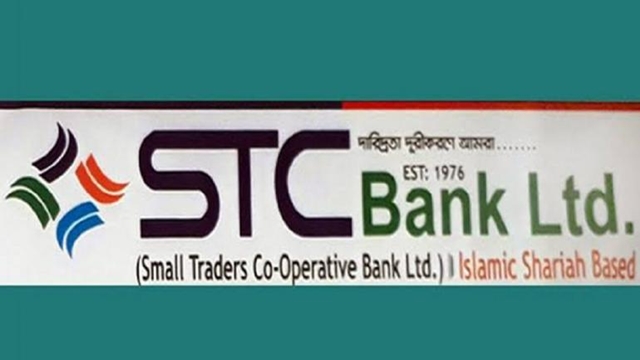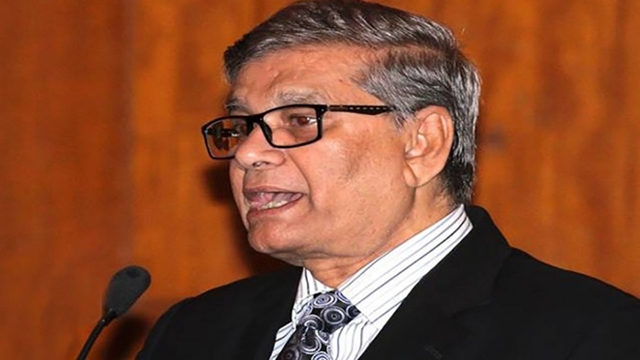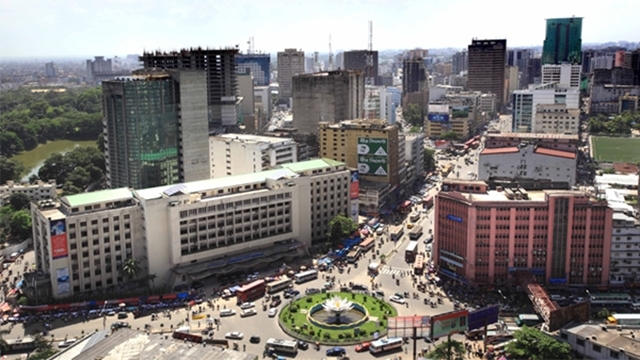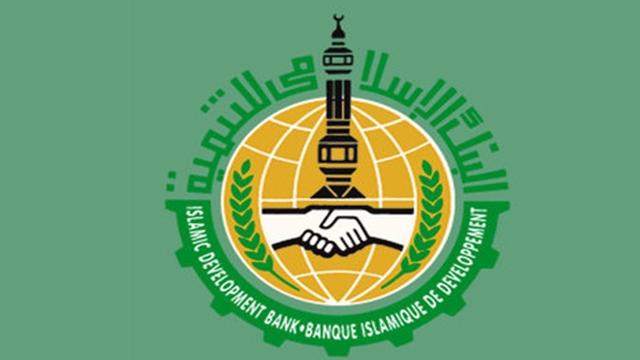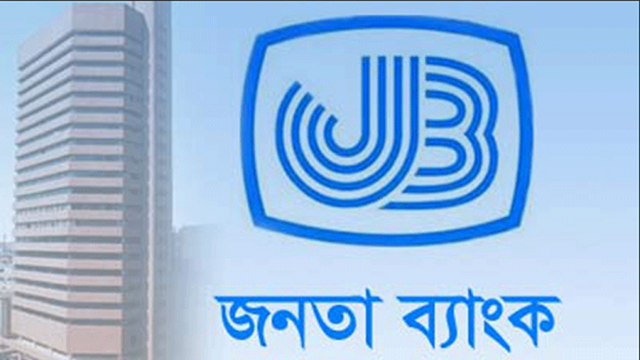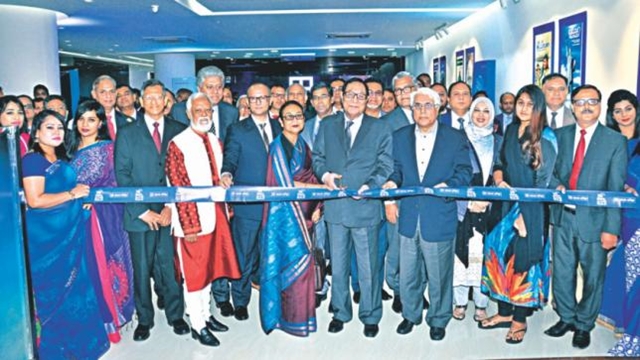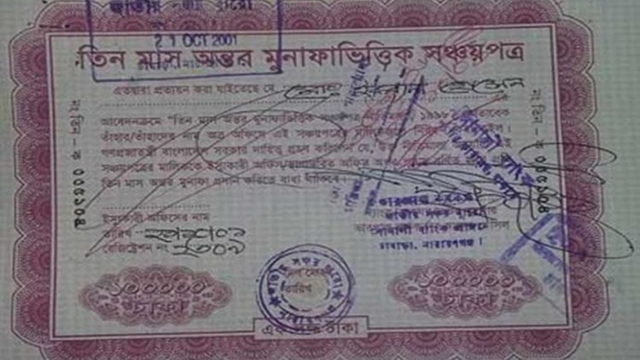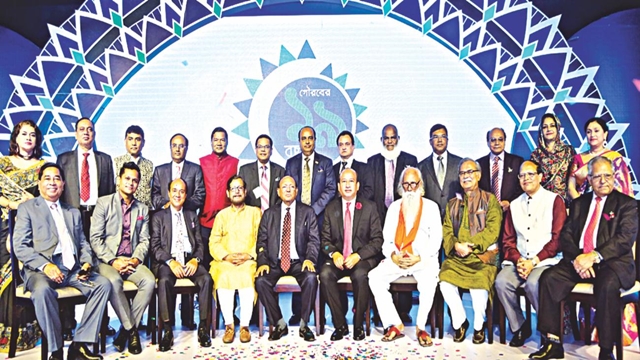Titli Khan
Published:2018-09-10 19:55:11 BdST
Salary through bank only 1.6 percent
Number of commercial banks in the country has already exceeded 50 percent. Although salary and allowances by the bank are still less than 2 percent. Only 1.6 percent of people get salary and allowances through the bank. This rate is much lower than neighboring countries. In Malaysia, the payment of salaries to the banking channel is 30.8 percent. Besides, Sri Lanka's 7 decimal, Bhutan 6-4, 4 in India and 2.4 percent of Nepalese people have got salary in the banking channel.
The Bangladesh Institute of Bank Management (BIBM) has done a research on how Banking Service rates are. Yesterday, the study was presented in a national seminar titled "The SDG in Bangladesh: The Role of the Banking Sector." This is the picture of the salary of the banking channel. In Bangladesh, the rate of bank accountability in Bangladesh is also lower than neighboring countries.
It has been found that Sri Lanka accounts for 82.7 percent of the bank's bank accounts. In Malaysia, this rate is 80.7 percent. Bank accounts of more than half of the people in neighboring India. Bangladesh is far behind than it is. Bank accounts of 31 percent of the country's adult citizens.
BIBM Director (DSBM) Professor Mohammad presented the paper at the seminar held at the BIBM Auditorium in Mirpur. Mohiuddin Siddiqui. In the research team, General Manager of Bangladesh Bank and BIBM faculty member Abdul Qaiyum, BIBM Assistant Professor Tanvir Mehdi, BIBM Assistant Professor Tahmina Rahman and Antara Zerin were also in the team.
Studies show that 92 percent of Germany's debit cards are available. In Bangladesh, the rate is only 5.2 percent. Malaysia has 41.2 percent of the debit card. In neighboring India, 22.11, Sri Lanka's 24.9 and Bhutan 17.2 percent people use a debit card. Although 5 percent of the people in the country are debit card holders, they make purchases using only 1 percent of the card. In Germany, this rate is around 80 percent. 10.7 in India, 10.4 in Sri Lanka, 18.6 in Malaysia and 10.1 percent in Bhutan by using a debit card.
Banking Reforms Adviser, Central Bank's Banking Reforms Adviser, Sitangshu Kumar Sur Chowdhury said that considering the inclusion of SDG and financial inclusion, Bangladesh Bank has introduced bank accounting for tenants and bank agents for the farmers, which has increased the involvement of people in the banking sector. This involvement will play an important role in achieving the SDG. The Central Bank is also looking at the small and medium industries to get enough credit.
Among others, BIMM Muzaffar Ahmed Chair Professor and former Professor of Economics Department of Dhaka University. Barkat-e-Khoda, Managing Director of Bangladesh Krishi Bank. Ali Hossain Pradia, Managing Director and CEO of Trust Bank Farooq Moinuddin Ahmed, Managing Director and CEO of NRB Bank Md. Mehmud Hossain, Former Executive Director of Bangladesh Bank and Professor Yasin Ali, Senior Vice-President of BIBM. BIBM professor and director (research, development and consultation) spoke welcome at the ceremony. Prashanta Kumar Banerjee. The Director General of BIBM said. Tawfiq Ahmad Chowdhury
BIBM chair Professor Dr. Barkat-e-Khoda said, due to corruption, the loss of GDP is 2 percent. Due to traffic congestion, two percent more. If these two closing, the GDP will increase 4 percent more than 11 percent. In this regard, to achieve the SDG, there will be to reduce corruption and traffic congestion.
Former managing director of Sonali Bank and former chairman of BIBM Professor SA Chowdhury, commented that the acquisition of bank loan was a major obstacle to achieving SDG. In the seminar, he said 85 percent of the bank's loans were distributed in Dhaka and Chittagong. The main obstacle to achieving the SDG. Anonymous loan is also a barrier to the SDG. Besides, gender disparity is also visible in the bank. It can be overcome if 30 percent of the banking sector is women.
Bangladesh Agricultural Bank MD. Ali Hossain Pradia said that the agricultural bank is monitoring the same as the real farmers get the loan. Financial inclusion will increase considerably if the real farmers reach the loan.
BIBM superannuation professor Yasin Ali said that banking should be emphasized more than branch banking in sustainable development. He said that the decision to open a bank branch for every five kilometer for financial inclusion could not be implemented because it was not profitable. For this reason, he said that banks would be required to include agent banking even after subsidizing it.
Unauthorized use or reproduction of The Finance Today content for commercial purposes is strictly prohibited.



